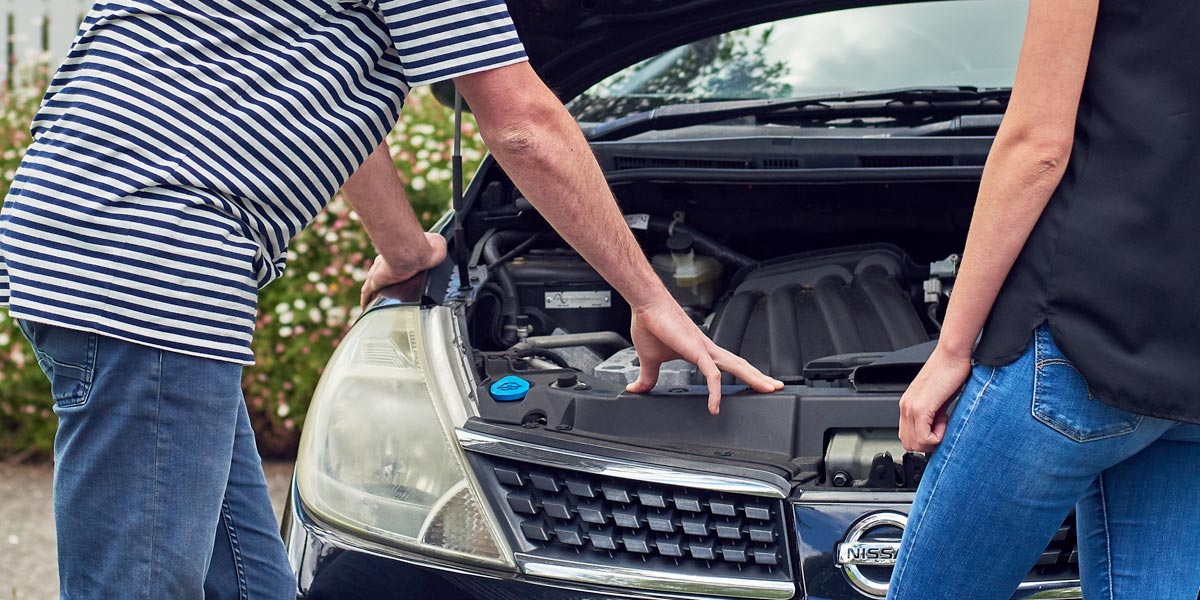Keep Your Car Running Smoothly
Maintaining your automobile is crucial for ensuring its longevity, safety, and efficiency. Regular maintenance can prevent costly repairs, enhance performance, and ensure your vehicle remains reliable on the road. This post provides a comprehensive list of essential automobile maintenance tips to help you keep your car in top condition.
Table of Contents:
• Regular Oil Changes: The Lifeline of Your Engine
• Tire Maintenance: Ensuring Safety and Efficiency
• Brake System Checks: Essential for Your Safety
• Battery Maintenance: Keeping the Power On
• Engine and Transmission Care
• Fluid Checks: Vital for Smooth Operation
• Regular Inspections and Professional Servicing
1. Regular Oil Changes:The Lifeline of Your Engine
Regular oil changes are fundamental to maintaining your engine’s health. Oil lubricates engine parts, reduces friction, and helps dissipate heat. Neglecting oil changes can lead to engine wear, overheating, and eventual failure. Experts recommend changing your oil every 5,000 to 7,500 miles, depending on your vehicle’s make and model.
2. Tire Maintenance:
Ensuring Safety and EfficiencyTires are your vehicle’s only contact with the road, making their maintenance paramount. Regularly check tire pressure, as incorrect pressure can lead to uneven wear, reduced fuel efficiency, and safety risks. Additionally, rotate your tires according to the manufacturer’s recommendations to ensure even wear and extend their lifespan.
3. Brake System Checks: Essential for Your Safety
Your vehicle’s braking system is critical for your safety. Regularly check brake pads, rotors, and fluid. Worn pads or low brake fluid can compromise braking effectiveness, increasing the risk of accidents. If you notice any changes in braking performance, such as squealing noises or increased stopping distance, seek professional assistance immediately.
4. Battery Maintenance: Keeping the Power On
A reliable battery is essential for starting your car and powering electrical components. Check your battery’s terminals for corrosion and ensure it’s securely mounted. Most batteries last 3-5 years; if yours is aging or shows signs of weakness, consider replacing it to avoid being stranded.
5. Engine and Transmission Care
Regularly check your engine and transmission for any signs of leaks or abnormalities. These components are the heart of your vehicle, and issues here can lead to significant repairs. Follow your manufacturer’s guidelines for service intervals to keep these vital systems in check.
6. Fluid Checks: Vital for Smooth Operation
Beyond engine oil, several other fluids are crucial for your vehicle’s operation, including coolant, brake fluid, power steering fluid, and transmission fluid. Regularly check these fluids’ levels and conditions, and replace them as recommended by your vehicle’s manufacturer.
7. Regular Inspections and Professional Servicing
While many maintenance tasks can be DIY, professional servicing is invaluable for thorough inspections, diagnosing issues, and performing complex repairs. Adhere to your vehicle’s recommended service schedule and consult with professionals for any concerns or when specialized expertise is required.
Summary
Regular automobile maintenance is key to ensuring your vehicle’s reliability, safety, and longevity. By following these essential tips and consulting with professionals when necessary, you can enjoy smoother rides, prevent unexpected repairs, and keep your car running efficiently for years to come.
